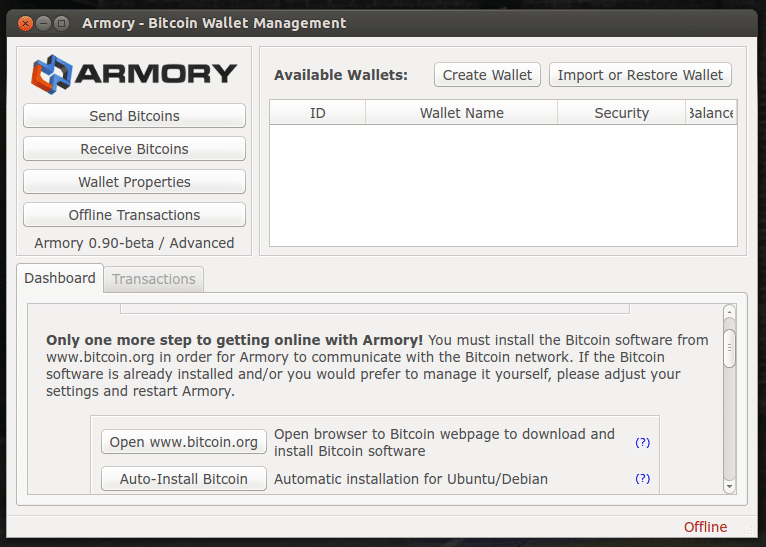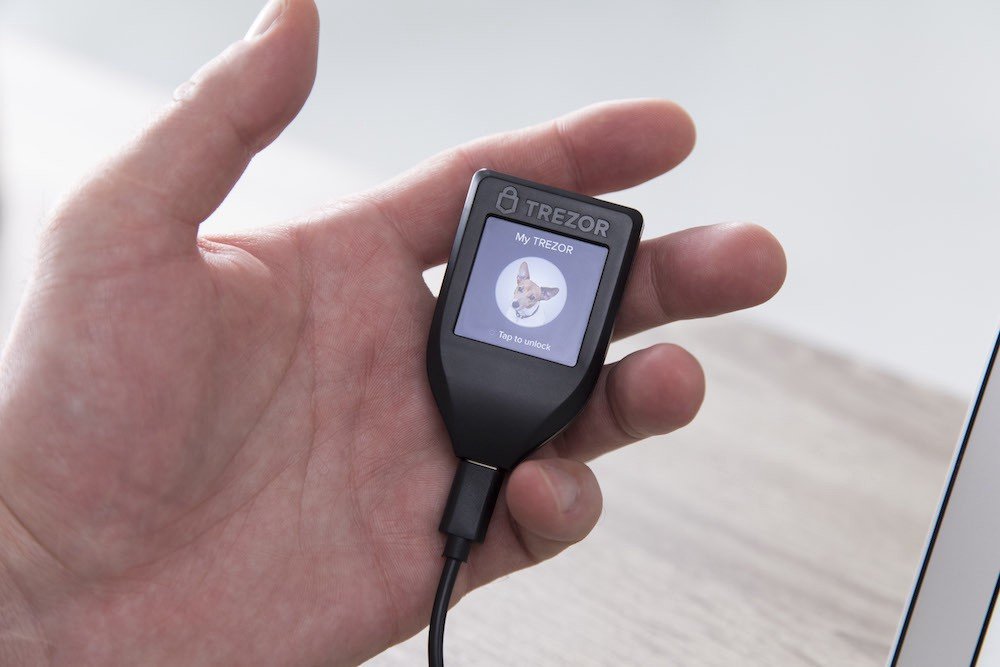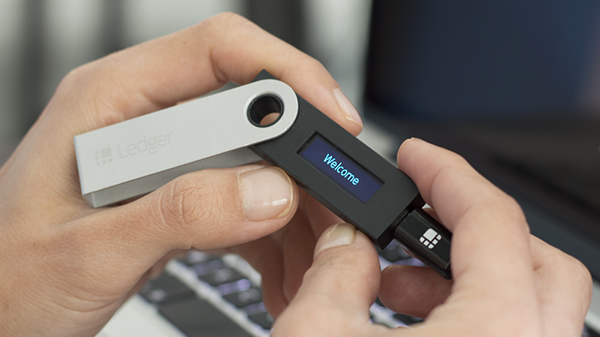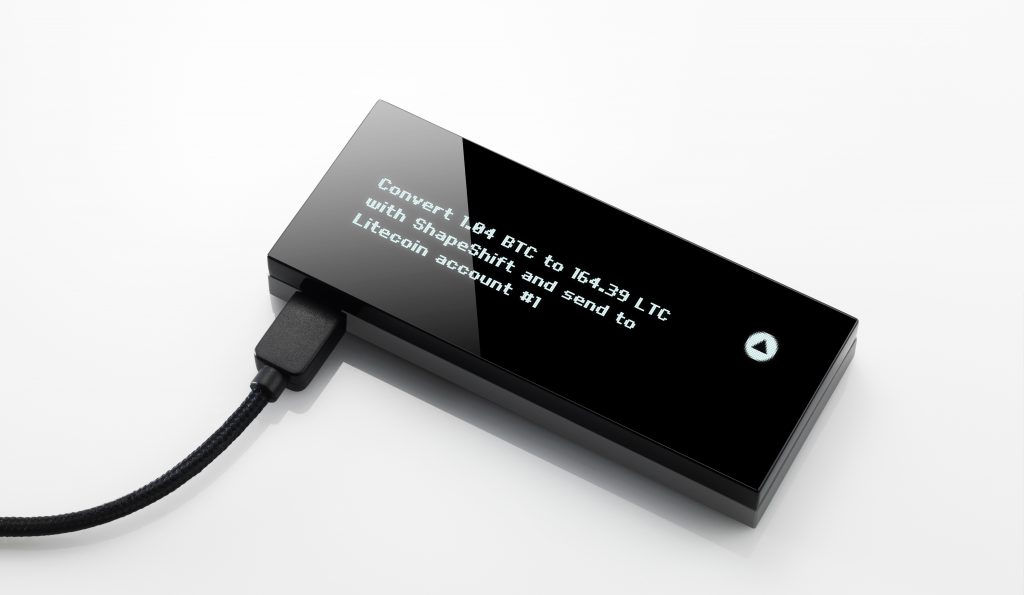$10,000. That’s the valuation achieved by Bitcoin on November 28, 2017! This is living testimony to the success and the value of cryptocurrencies. Alas! Like everything of value, cryptocurrencies in general and Bitcoins, in particular, have attracted eyeballs that hide malicious intents behind them.
Hackers, cybercriminals, web stalkers, and fraudsters are striving hard to wreak havoc in the cryptocurrency markets, stealing tokens and coins from users who fail to safeguard their priced crypto-assets. Since 2011, there have been 35+ heists of cryptocurrency exchanges, resulting in the loss of 980,000 Bitcoins, valued at more than $4 billion.
Why Have Cryptocurrency Exchanges become the Breeding Ground for Online Fraudsters?
Here are some of the reasons –
1: The general awareness among cryptocurrency owners about safekeeping their tokens is minimal.
2: Many freewheeling exchanges of cryptocurrencies are severely flawed in terms of their technology’s security readiness.
3: Because regulatory mechanisms around cryptocurrency exchanges are either non-existent or still in progress, cybercriminals get more adventurous in attacking these.
4: Application developers often fail to implement security procedures such as 2-factor authentication in their products, exposing users to cybercrimes such as cryptocurrency thefts.
5: Use of unsecured wallets, particularly by users who engage in online trading of cryptocurrencies fairly regularly.
More on Why Online Bitcoin Wallets Are Inherently Unsafe
To keep your cryptocurrencies ‘safe’, you have the option of using online wallets. These wallets use different kinds of technologies to help you store your tokens, and retrieve the information when needed. Cryptocurrency exchanges use hot wallets to store users’ cryptocurrencies and enable them to send and receive tokens instantaneously upon order settlement.
Bitcoin exchanges use multi-signature technology to safeguard their wallets. However, even this multi-signature technology has been breached, as manifested in the hacking of Bitfinex exchange. Potentially, any cryptocurrency wallet based on the Internet can be violated. In fact, HaoBTC wallet itself released a statement asking users not store all their cryptocurrency coins in one online wallet!
Which Wallets Can You Trust to Safeguard Cryptocurrencies?
Desktop wallets: Like the original Bitcoin client called Bitcoin Core, these wallets relay transactions on networks, and create cryptocurrency addresses for sending and receiving coins. Some desktop wallets deliver enhanced security, like Armory, while some focus on anonymity, like DarkWallet. These wallets work by locally downloading the blockchain history, reducing dependency on web interfaces, and delivering more security.
Mobile wallets: These wallets work by replicating the functionality of desktop wallets on smartphones. Some mobile wallet app uses the NFC capabilities of your phone to enable easy payments via cryptocurrencies.
Both desktop and mobile wallets reduce the risks of cryptocurrency theft. Exchanges are on the radar of cybercriminals, much more than individual users of desktop wallets and mobile wallets. However, other malicious apps on the same devices can cause trouble! For instance, keylogger malware can record your keystrokes and touch inputs, and crack your private keys.
The most trusted and reliable ones – hardware wallets. These are targeted at cryptocurrency users who want to maintain a significant stash of coins but don’t want to risk it with any 3rd party and online storage system or any form of cold storage. Hardware wallets comprise two parts – a connected device, and a disconnected device. The connected wallet component holds public keys to perform all functions of a standard wallet.
However, it can only do so if it’s connected to the offline device that holds the private key. In this manner, physical wallets overcome all risks of cryptocurrency thefts that online wallets suffer from.
Let us discuss more on some of the best cryptocurrency wallets.
Armory Bitcoin Wallet

Some wallets allow users to store Bitcoins online; others offer you the option of keeping it in an external storage device. People familiar with cold storage have probably heard of Armory. It is an open-source Bitcoin wallet that caters to clients who require an advanced storage system for their Bitcoins.
The software allows you to keep the cryptocurrency in cold storage and also use multiple signatures for better protection. Private keys can be stored offline on your computer or laptop. This reduces the risk of theft considerably as only those who know the physical location of your device can access your Bitcoins.
When it comes to establishing a secure connection, nothing beats the quality and consistency of Armour network. The wallet offers users decentralized locks, free access to both public and private keys and cold storage support.
Widely regarded as one of the best and most secure of Bitcoin wallets, Armory is aptly advertised as “The Only Open-Source Wallet With Cold Storage and Multi-Signature Support.” Here, you can set up multiple accounts both for your private use and business holdings. All your Bitcoins are password protected and come with additional firewall protection for detecting malware.
Armory is free, user-friendly and compatible with Windows, Mac, IOS, Linux Ubuntu devices. Once installed, the software allows you to transfer Bitcoins across the blockchain network.
TREZOR model T

An online Bitcoin storage option can only take you so far; there remains a risk of data hacking, viruses, and harmful malware infestations. You need to be extremely careful in sharing your information online. Don’t worry though; we have the perfect alternative.
Trezor is the world’s first Bitcoin hardware wallet, developed by Satoshilabs, a Czech Republic-based Company. TREZOR Model T is compact, has a very sleek design, and features an OLED screen. This wallet needs to be connected via USB to your computer. This way you can store all your Bitcoins, your account info and private keys in a distributed manner so that no one can use the info to carry out unauthorized transactions. Only people who know the physical location of your wallet will be able to steal your private key.
Once you connect Trezor to your PC, a nine-digit pin code will flash on the backlit monitor. Enter this code on your PC to connect the two systems. A random code is generated every time you try accessing the device, even if your PC is tampered with, the Bitcoins remain safe and secure. After entering the pin, the system asks for a 24-word recovery prompt. The recovery seed is crucial for data recovery and restoring your Bitcoins if the hardware gets misplaced.
Trezor is compatible with other popular Bitcoin storage apps such as Multibit HD, Mycelium and is ideal for the latest Windows, Linux, and Android operating systems. The device is very lightweight, portable and available in black, white and gray shades.
Ledger Nano S

Hardware wallets are a smart option for users who have to deal with lots of Bitcoins on a daily basis. Ledger Nano S is somewhat similar to Trezor, with just a few minor differences in the framework and features offered. Designed and developed by a French start-up company, the Ledger Nano is like any external hardware USB connector that can be used to store and transfer information to other devices. However, it doesn’t have a battery; you can only access the device when it is connected to a computer.
The Ledger Nano isn’t equipped with any anti-tampering sticker because it checks for the integrity of the device using a cryptographic procedure when you power it on. This ensures that the Bitcoins are safe even when your computer might be infected or tampered with. The OLED screen is compact, and the wallet itself is portable, featuring two side buttons for transaction confirmations.
Installing and configuring the Nano S with a new device or computer system is surprisingly easy, though time-taking. Firstly, you need to plug in the device; then you have to enter the pin code in order to secure the wallet. Once you have successfully logged into your account, you’ll have to put in a unique 24-words password or recovery phrase. This phrase is used when you have to recover or retrieve the Bitcoins in case of theft or an accident. With Ledger Nano S, your private keys can be saved offline, securing them from any kind of cyber-attack.
Keepkey

First-time Bitcoin users always have this fear that they’ll lose all their savings in a cyber attack. Keepkey is a smart choice for amateurs who are still learning the ropes of how Bitcoins work. The simple, responsive and user-friendly device stores all your Bitcoins in an external storage device that can be connected to any computer or laptop. All you have to do is carry this hardware wherever you go and transfer Bitcoins by connecting it to the PC. It saves you from the hassles of protecting your Bitcoins from viruses, malware, and hackers. Users have to approve each outgoing request manually thereby preventing the risk of any unauthorized access.
Keepkey is a relatively new name in the market. Though not as popular as Trezor or Ledger Nano, Keepkey still holds some credibility when it comes to keeping your Bitcoins safe. The random pin code is generated whenever you connect the device to a computer. Thus, your information is secure even if your PC has been tampered with. Keepkey also stores all your public and private keys that can be encapsulated using a password.
Keepkey is compatible with loads of cryptocurrencies in the market including big names like Bitcoin, Litecoin, Dogecoin, Namecoin, Testnet, Ethereum, and Dash. This makes Keepkey a great choice for cryptocurrency platform developers, miners, and cryptocurrency investors who have to deal with loads of altcoins on a daily basis.
The Most Secure Wallet For Bitcoins – Paper Wallet

In spite of the security offered by hardware wallets, these devices can be stolen, exposing your crypto-assets. Paper wallets come to the rescue.
Paper wallet is a document that contains copies of the private and public keys you need to complete a cryptocurrency transaction. The core benefit delivered by paper benefits is that the keys are not digitally stored anywhere, hence totally secure from hackers.
To create a paper wallet, you can use a service such as BitAddress.org (for Bitcoins). Follow the on-screen instructions and go to the Paper Wallet option. Select the number of addresses you need, click Generate, and then print hard copies of the wallet.
It’s obvious that paper wallet is the most secure and easiest method of safeguarding cryptocurrencies. However, you must keep these cons in mind.
1: Ink can degrade over time, making the information illegible
2: There’s a risk of theft or loss of the paper wallet
3: Unless you safeguard it, the paper will is always at the risk of defiling by fire or water.
Concluding Remarks
Bitcoins and other cryptocurrencies are changing the global concept of currency. Use the info about safe storage wallets shared in this guide to keep your Bitcoins secure.
